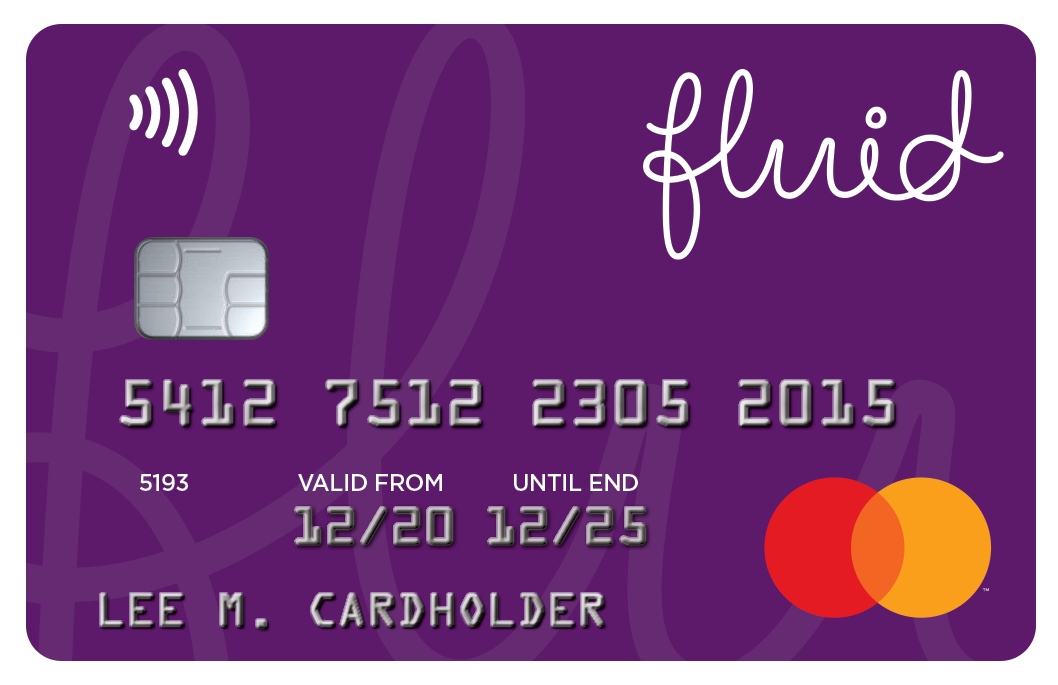Understanding your credit score

Understanding your credit score
Your credit score gives you an indication of your creditworthiness. The higher your score, the more likely your chances of being accepted for credit.
What is a credit score?
Your credit score reflects your creditworthiness. Your score can change over time. A higher score suggests you’re responsible with money and that you’re more likely to repay your debts on time. But many people will have a poor credit score through no fault of their own. You might be young, new to the UK, or simply not borrowed money before.
Why is a good credit score important?
A decent credit score will give you more options when it comes to borrowing money or having access to credit products. A good score is also a key part of the big stuff like getting a car on finance or taking out a mortgage.
For credit cards, a good credit score will up your chances of being offered a higher credit limit at a more competitive interest rate. You could also be eligible for longer 0% interest deals on balance transfers or purchase cards.
How are credit scores calculated?
Your credit score is a three-digit number calculated from the information a Credit Reference Agency (CRA) holds about you. This includes your personal information, your account information, credit applications and history of paying debts and bills. The CRA will look at five main factors when working out your score:
credit usage
payment behaviour
credit experience
desire for credit
types of credit
What is credit usage?
Your ‘credit usage’ is the amount of credit available to you across all your credit accounts (i.e. credit cards, overdrafts, loans and mortgages).
Your credit usage looks at how much you owe in relation to your credit limits. The closer your borrowing is to the maximum, the lower your credit score could be. The general rule should be to try and use no more than 25% of the balance available to you.
What is payment behaviour?
Your payment behaviour is a historical look at whether you make payments on time. This applies to both borrowing money, and bills such as your mobile phone.
Late and missed payments will have a negative impact on your credit score and can stay on your credit file for six years.
What is credit experience?
Your credit experience refers to the amount of credit history you have. It will look at what credit and financial accounts you’ve opened, and when.
If you’re young, just arrived in the UK, or new to credit, you might not have much credit experience which can lower your credit score. Products such as credit building credit cards can help improve your score.
What is your desire for credit?
Your desire for credit looks at your applications for borrowing, how many credit accounts you have running, and when you opened them.
Making multiple applications may imply to lenders that you are in financial difficulties, and they will be less keen to lend to you.
Before applying for credit you should always, if possible, use an eligibility checker. This will show you your chances of being accepted without impacting your credit score.
Types of credit
If you have a good track record for managing different types of credit, it can boost your credit score.
Loans, credit cards, monthly mobile phone deals and utility contracts are all types of credit.
Why are there different credit scores?
There are three CRA’s in the UK: TransUnion, Experian and Equifax.
All three agencies hold information on you, but it may be slightly different each time. This means your credit history may differ between agencies.
All three have different scoring systems too. TransUnion has a maximum score of 710, Experian 999 and Equifax 1,000.
How can I improve my credit score?
Check your credit report
You can ask for errors on your credit report to be fixed and outdated ‘financial associations’ (i.e. ex partners or flatmates you previously had joint accounts with) to be removed.
Get on the electoral register
Being on the electoral roll at your current address doesn’t just mean you can vote – it’s the easiest way to improve your credit score.
Never miss a payment
Paying debts and bills on time provides a massive boost to your credit score. If you can’t get mainstream credit, a ‘credit building’ credit card with a low credit limit and high APR can help improve your score. Borrow small amounts on the card and repay it in full each month.
Credit utilisation
Don’t ever exceed your credit limit on a credit card or overdraft. Ideally keep your borrowing down to less than a quarter (25%) of the credit available to you.
Avoid hard searches
A ‘hard’ search appears on your credit report when a lender checks your file in response to a credit application. To reduce your number of hard searches and failed credit applications, carry out an ‘eligibility check’ before making an application.
Avoid CCJs
A County Court Judgement (CCJs) against your name indicates that someone has taken you to court to get money you owe them. A CCJ will have a significant effect on your credit score.
See if you'll be accepted before you apply
Quick and easy to fill in your details.
Get a response in 60 seconds.
No impact on your credit rating.
Check Eligibility

34.9% APR
Representative (variable)
Don't forget
Use your card sensibly — if you don’t make repayments on time or stay within your credit limit you will pay extra charges, forfeit the 0% offer and getting credit in the future may be harder and more expensive.